Amazing Grace: Moonlight (review)
Packed with simmering emotional resonance, Moonlight is, without question, the finest motion picture of the year
By Randy Shulman on October 27, 2016 @RandyShulman

The only way to launch a review of Moonlight is to use perhaps the most stale, hollow cliche in a critic’s repertoire: If you only see one movie this year, make it Moonlight.
Of course, you won’t only see one movie this year. You’ll likely rush to the new Star Wars or Doctor Strange or any number of other blockbusters blasted at you by the massive marketing machine of Hollywood. Maybe you’ll see something small, quirky, offbeat as well. But, frankly, it doesn’t matter, so long as you ensure you don’t miss Moonlight.
One of those rare and extraordinary cinematic experiences that pulls you deeply into its narrative, Moonlight (![]()
![]()
![]()
![]()
![]() ) wraps you in a time, place, and mood, artfully guiding you into an emotional payoff without once feeling manipulative or artificial. It is an extraordinary achievement in this cut-and-paste era of cinema, a time when movies fail to ignite so much as a spark of genuine, earned emotion. Moonlight exists in a class all its own. It’s not epic or big, but it is profound and profoundly moving. It’s one of those movies that you can feel changing you. It bores into your heart and infiltrates your soul, and simply does not let go.
) wraps you in a time, place, and mood, artfully guiding you into an emotional payoff without once feeling manipulative or artificial. It is an extraordinary achievement in this cut-and-paste era of cinema, a time when movies fail to ignite so much as a spark of genuine, earned emotion. Moonlight exists in a class all its own. It’s not epic or big, but it is profound and profoundly moving. It’s one of those movies that you can feel changing you. It bores into your heart and infiltrates your soul, and simply does not let go.
The ’80s-set story of a young boy who comes to terms with his identity and sexuality in a harsh South Florida neighborhood refuses to lazily cleave to its genre. While there are points in Moonlight where you expect certain things to happen, the story constantly veers just slightly off track, taking you on an unexpected journey elsewhere. Credit first the source material — Tarell Alvin McCraney’s lyrical play, In Moonlight Black Boys Look Blue. An awardee of the MacArthur Genius Grant, McCraney, whose works have been frequently performed in Washington at Studio Theatre, is an abstract playwright who puts as much emphasis on atmospherics as he does on dialogue. He’s found the perfect partner in Barry Jenkins, a relatively new director, who opens up McCraney’s work, elevating it to an even higher level. Jenkins is a subtle director — perhaps too subtle at times — but his low-key approach suits Moonlight, which forgoes a heavy hand for one encased in a velvet glove. That’s not to say Moonlight is an uplifting or easy film, but through its anguish and anxiety it finds serenity, romance, heart.
The less said about plot specifics, the better. Not that there are any big twists or turns in the film — it’s not a potboiler, but rather a simmering stew whose flavors perfectly meld by the end — but even the tiniest revelations that are peeled back as the story progresses through a three-act arch provide Moonlight its emotional weight. Suffice to say that the central character’s story is told in three distinct parts, as he goes from a young boy to a full-blooded man. The transformation of Chiron — and the instances that cause his internal pain and his longing for something beyond the norm — is depicted with effortless, poetic perfection by Jenkins and his choice of three magnificent actors, Alex R. Hibbert, Ashton Sanders and Trevante Rhodes. The trio embody the evolution of Chiron, from “Little” to “Black,” going from scared and inquisitive kid to a skinny, awkward teen to a silent, disarming monolith of a man with an ache so powerful, it has come close to crushing his humanity.
The stars are supported by an astonishing ensemble. Andre Holland is potent and complex as a former friend with whom the adult Chiron connects with in a powerful diner scene during the third act. Naomie Harris summons up an earth-shattering, mind-blowing performance as Chiron’s mother. And Mahershala Ali, as a drug dealer who befriends the youngest version of Chiron, gives the finest performance of a career comprised of nothing but fine performances. The biggest surprise is pop star Janelle Monáe, who, blessed with natural beauty and warm, compassionate delivery, steals every moment she’s on screen. You watch in awe as a movie star is born before your eyes.

There isn’t an off performance in the film, which employs a solely African-American cast. It’s sad we live in a time where that in itself is a unique aspect of any movie. Come Oscar time, Moonlight could be the one film to give Hollywood a credible reason to break its too-white image without resorting to tokenism. Perhaps other great films will be released between now and the end of the year, but I honestly can’t imagine any being as worthy as Moonlight for every top prize out there.
Moonlight is the best gay film since 1996’s Beautiful Thing, pretty much stealing that film’s mantle. It’s also the best African-American film since 1991’s Boyz in the Hood. It’s been a long time coming on both counts. And it’s been worth the wait.
Moonlight opens Friday, Oct. 28, at the Landmark E Street Cinema in Washington, D.C., at the Angelika Mosaic in Fairfax, Va., and other area theaters.
More from Metro Weekly:
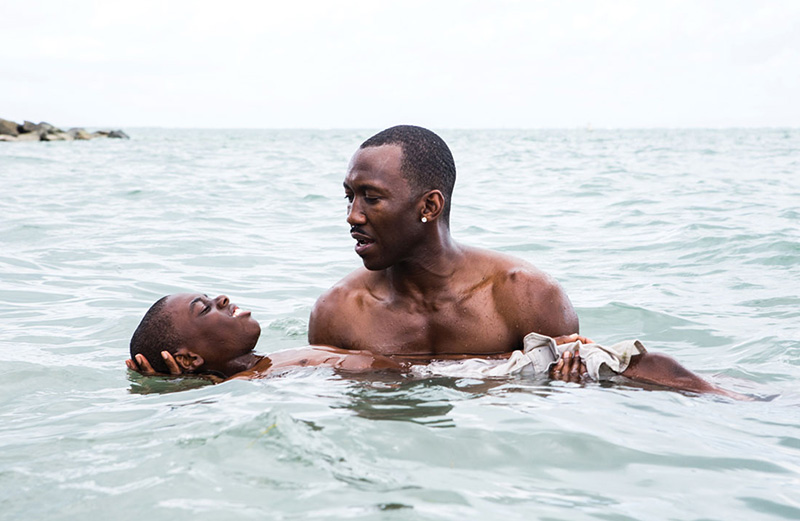
City Installs Rainbow Bike Racks After Pride Mural Is Paved Over
St. Petersburg installed the racks in the Grand Central District after state and federal officials ordered Pride murals removed.
By John Riley on December 16, 2025 @JRileyMW
The city of St. Petersburg has installed 11 rainbow-colored bike racks in response to the removal of several street murals -- including a Pride-themed mural -- by the Florida Department of Transportation.
The racks were installed in the Grand Central District at Central Avenue and 25th Street, the former location of one of five murals removed at the direction of federal and state authorities.
The mural at Central Avenue and 25th Street featured colored stripes representing the progressive Pride flag and was located just steps from Ride'em Cowboy, one of the city’s best-known LGBTQ nightclubs and a "safe space" for the community, according to Florida Politics.
RuPaul’s Drag Race Season 18: Meet the New Queens
MTV’s hit series returns January 2 with a new cast, a sewing-challenge twist, and the show’s first-ever drag mother/daughter duo.
By Maximilian Sandefer on December 9, 2025
Racers, start your engines. RuPaul’s Drag Race has revealed the 14 new queens set to grace the runway for its 18th season as they vie for the title of America’s Next Drag Superstar and a grand prize of $200,000.
Premiering January 2 on MTV, the season will be accompanied by another run of RuPaul’s Drag Race: Untucked, where viewers get the chance to get an inside look at all the tea being spilt behind the scenes of the hit show.
The new season will also feature a bit of a twist from the outset. Unlike the recent spate of season-premiere episodes that feature a talent show -- remember Season 15, when the judges were somehow unimpressed with Irene the Alien’s keen ability to make a glass of ice water? -- the competition appears to be starting with a sewing challenge.
Seattle’s World Cup “Pride Match” Pits Two Anti-Gay Nations
FIFA faces objections from Iran and Egypt as Seattle keeps its Pride-branded match tied to the city’s Pride Weekend.
By John Riley on December 11, 2025 @JRileyMW
Seattle's local organizing committee for the 2026 FIFA World Cup is moving ahead with a first-of-its-kind "Pride Match" at Lumen Field on June 26, coinciding with the city's Pride Weekend, even though the scheduled game will feature Iran and Egypt, two countries that criminalize homosexuality.
The Pride-adjacent branding was created by the host city, not FIFA, the governing body of international soccer, which has not endorsed the designation.
When FIFA was planning the match schedule, Seattle was in line to host either New Zealand versus Belgium or Egypt versus Iran on June 26. Vancouver ultimately received the New Zealand-Belgium game, leaving Seattle with Egypt versus Iran, reports Outsports.
Support Metro Weekly’s Journalism
These are challenging times for news organizations. And yet it’s crucial we stay active and provide vital resources and information to both our local readers and the world. So won’t you please take a moment and consider supporting Metro Weekly with a membership? For as little as $5 a month, you can help ensure Metro Weekly magazine and MetroWeekly.com remain free, viable resources as we provide the best, most diverse, culturally-resonant LGBTQ coverage in both the D.C. region and around the world. Memberships come with exclusive perks and discounts, your own personal digital delivery of each week’s magazine (and an archive), access to our Member's Lounge when it launches this fall, and exclusive members-only items like Metro Weekly Membership Mugs and Tote Bags! Check out all our membership levels here and please join us today!
The Magazine
-
Most Popular
 Where to Ring in the New Year in Gay D.C.
Where to Ring in the New Year in Gay D.C.  Jonathan Bailey Is 2025’s Highest-Grossing Actor
Jonathan Bailey Is 2025’s Highest-Grossing Actor  University of Oklahoma Fires Transgender TA Who Failed Student
University of Oklahoma Fires Transgender TA Who Failed Student  Most Sniffies Users Aren’t Gay, New Data Shows
Most Sniffies Users Aren’t Gay, New Data Shows  Jacob Dickey Comes Up Lucky as Sky Masterson
Jacob Dickey Comes Up Lucky as Sky Masterson  California Man Pleads Not Guilty After Gay Man Left in Coma
California Man Pleads Not Guilty After Gay Man Left in Coma  Adult Film Star Lane V Rogers, 31, Dies in Motorcycle Accident
Adult Film Star Lane V Rogers, 31, Dies in Motorcycle Accident  Charlie Sheen Opens Up About Gay Encounters
Charlie Sheen Opens Up About Gay Encounters  Gay Hockey Player: "Heated Rivalry" Will Keep Players Closeted
Gay Hockey Player: "Heated Rivalry" Will Keep Players Closeted  The Housemaid: Sydney Sweeney Can’t Save This Thin Thriller
The Housemaid: Sydney Sweeney Can’t Save This Thin Thriller
 University of Oklahoma Fires Transgender TA Who Failed Student
University of Oklahoma Fires Transgender TA Who Failed Student  Jonathan Bailey Is 2025’s Highest-Grossing Actor
Jonathan Bailey Is 2025’s Highest-Grossing Actor  Nicki Minaj Reaffirms Anti-Trans Views at Turning Point USA Event
Nicki Minaj Reaffirms Anti-Trans Views at Turning Point USA Event  Where to Ring in the New Year in Gay D.C.
Where to Ring in the New Year in Gay D.C.  Barry Manilow Reveals Lung Cancer Diagnosis
Barry Manilow Reveals Lung Cancer Diagnosis  The 10 Best Movies of 2025
The 10 Best Movies of 2025  Most Sniffies Users Aren’t Gay, New Data Shows
Most Sniffies Users Aren’t Gay, New Data Shows  Jacob Dickey Comes Up Lucky as Sky Masterson
Jacob Dickey Comes Up Lucky as Sky Masterson  Guys and Dolls at Shakespeare Theatre Company Is Showstopping
Guys and Dolls at Shakespeare Theatre Company Is Showstopping  Erik Bottcher Drops Congressional Bid for State Senate Run
Erik Bottcher Drops Congressional Bid for State Senate Run
Scene
Metro Weekly
Washington's LGBTQ Magazine
P.O. Box 11559
Washington, DC 20008 (202) 527-9624
About Us pageFollow Us:
· Facebook
· Twitter
· Flipboard
· YouTube
· Instagram
· RSS News | RSS SceneArchives
Copyright ©2025 Jansi LLC.








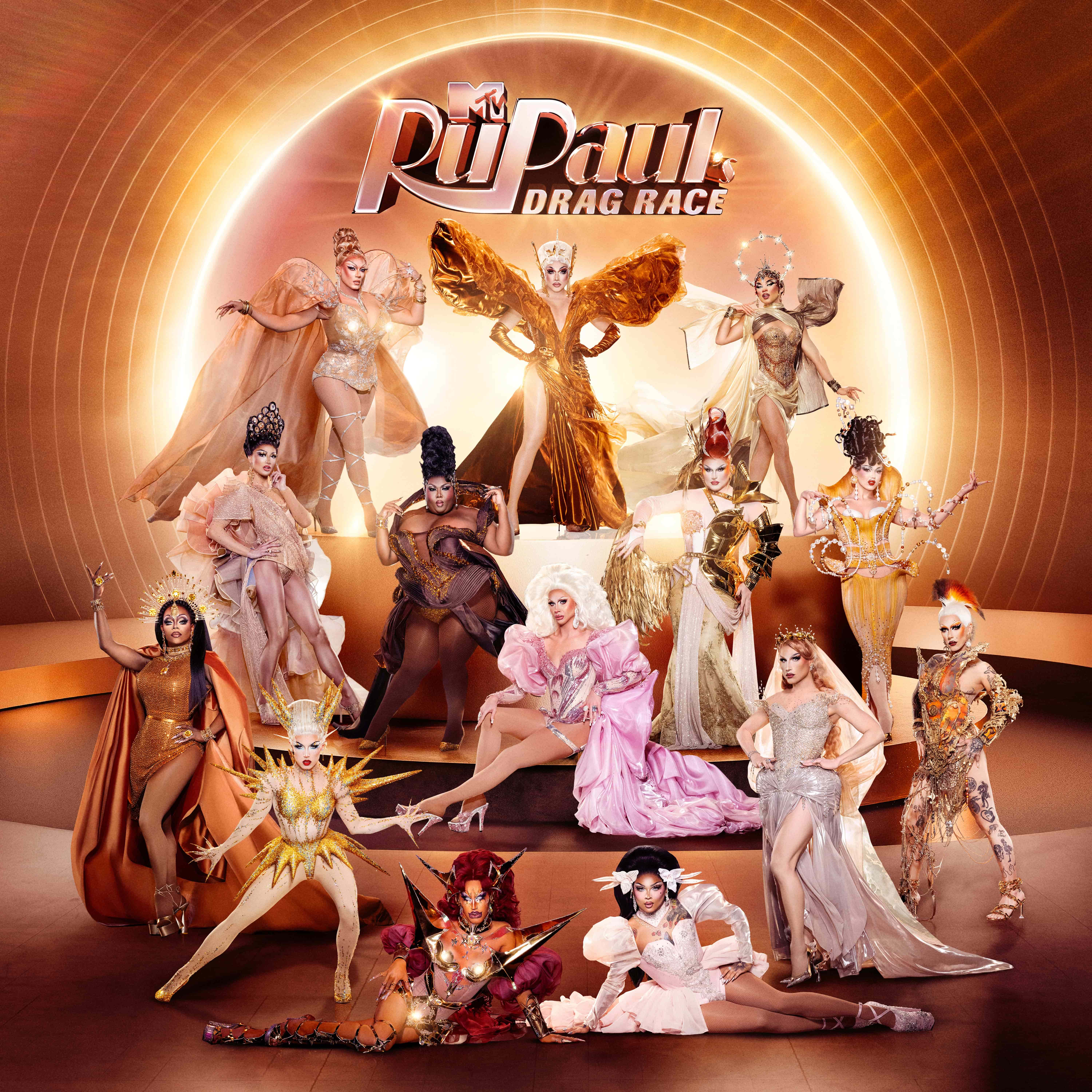
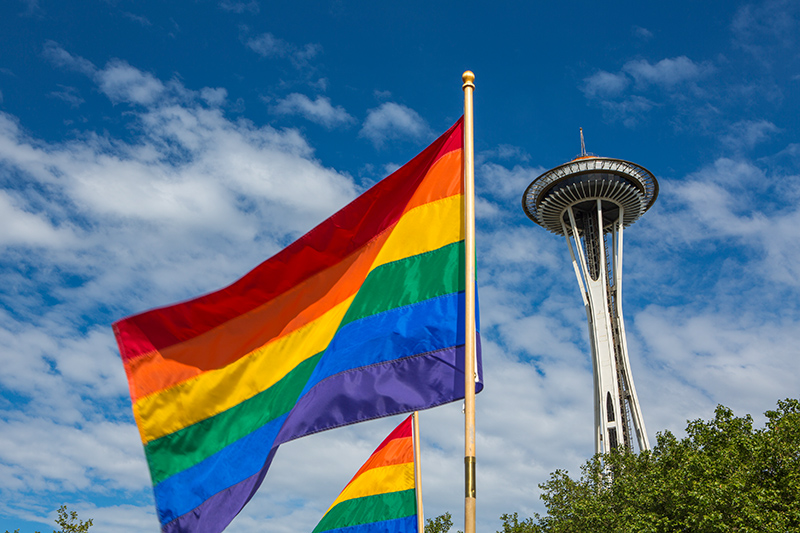
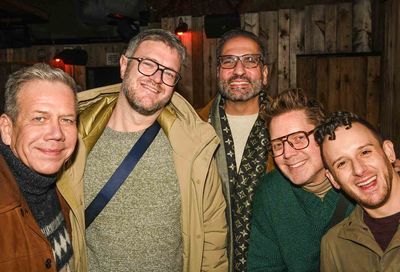

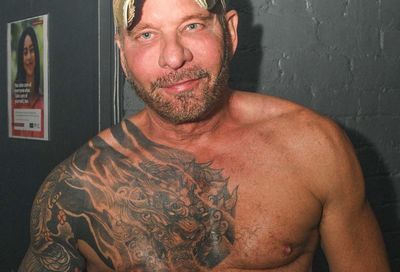
You must be logged in to post a comment.